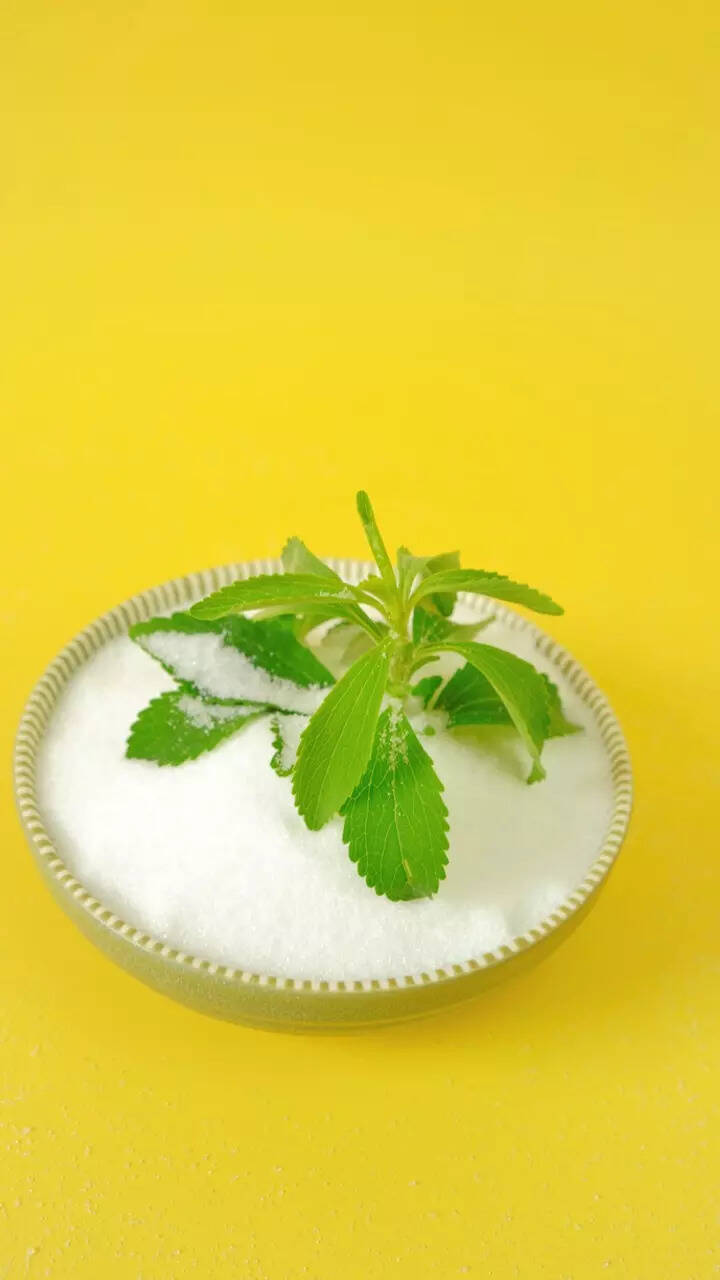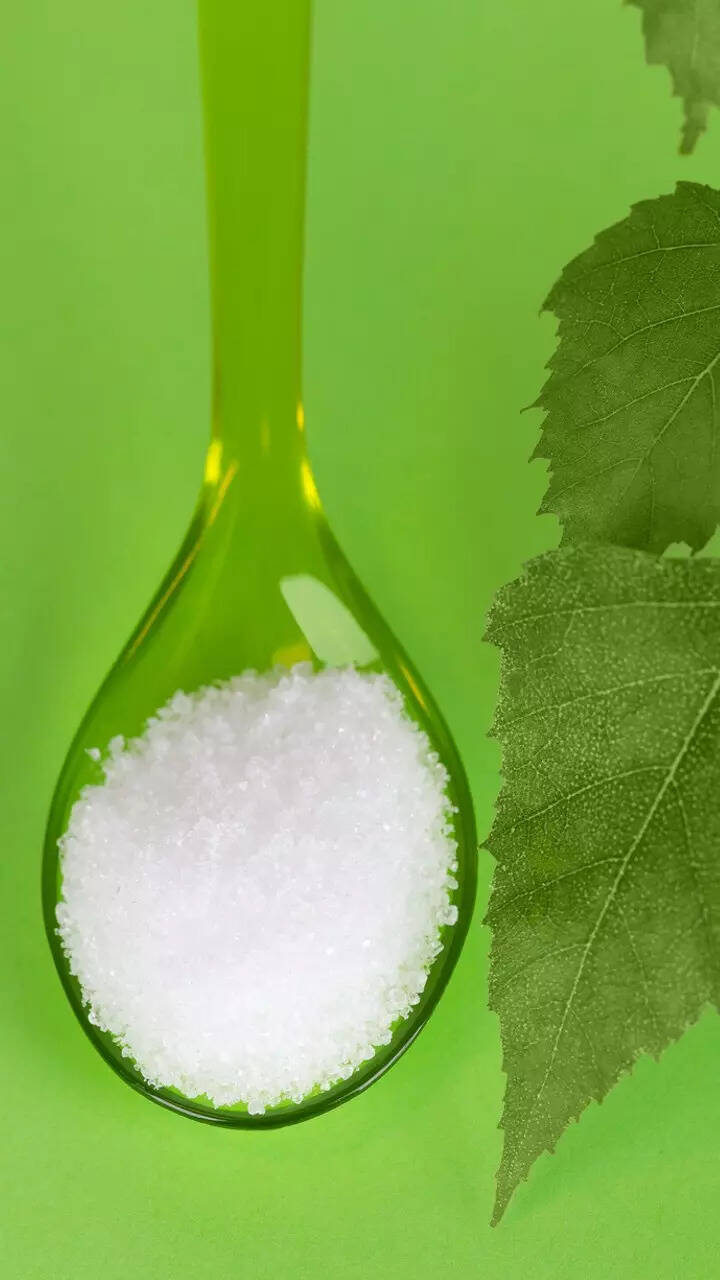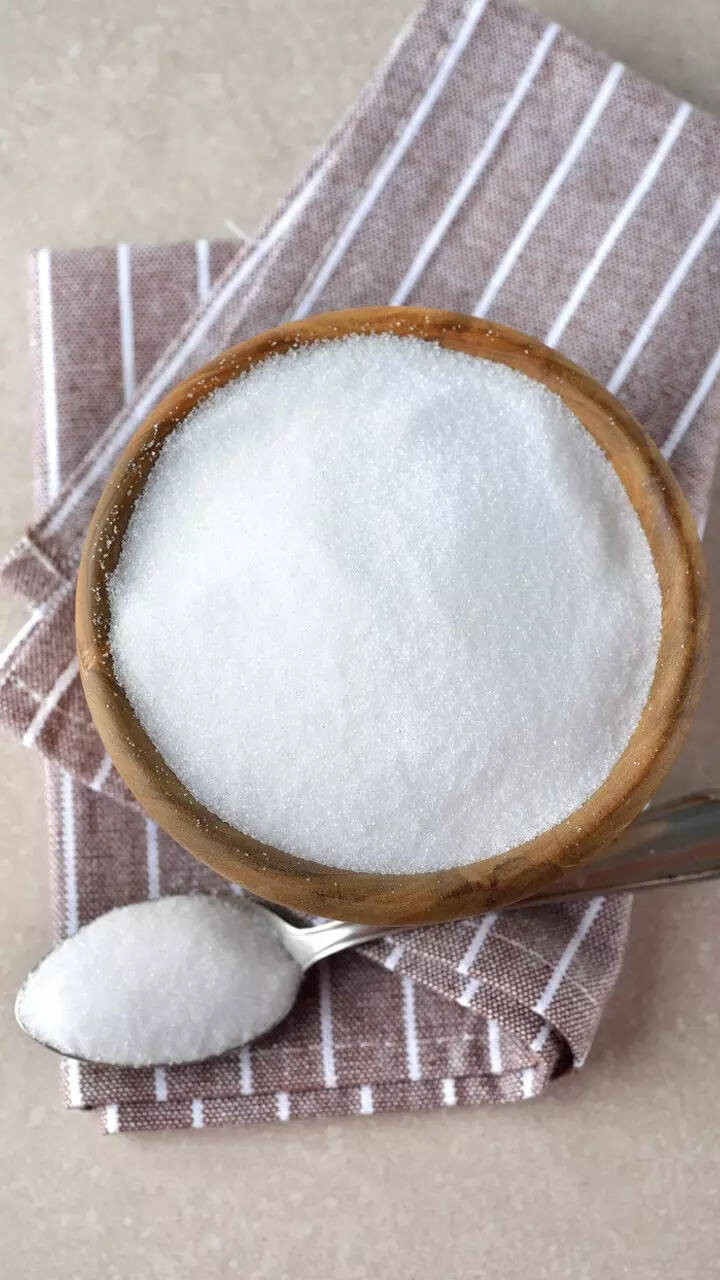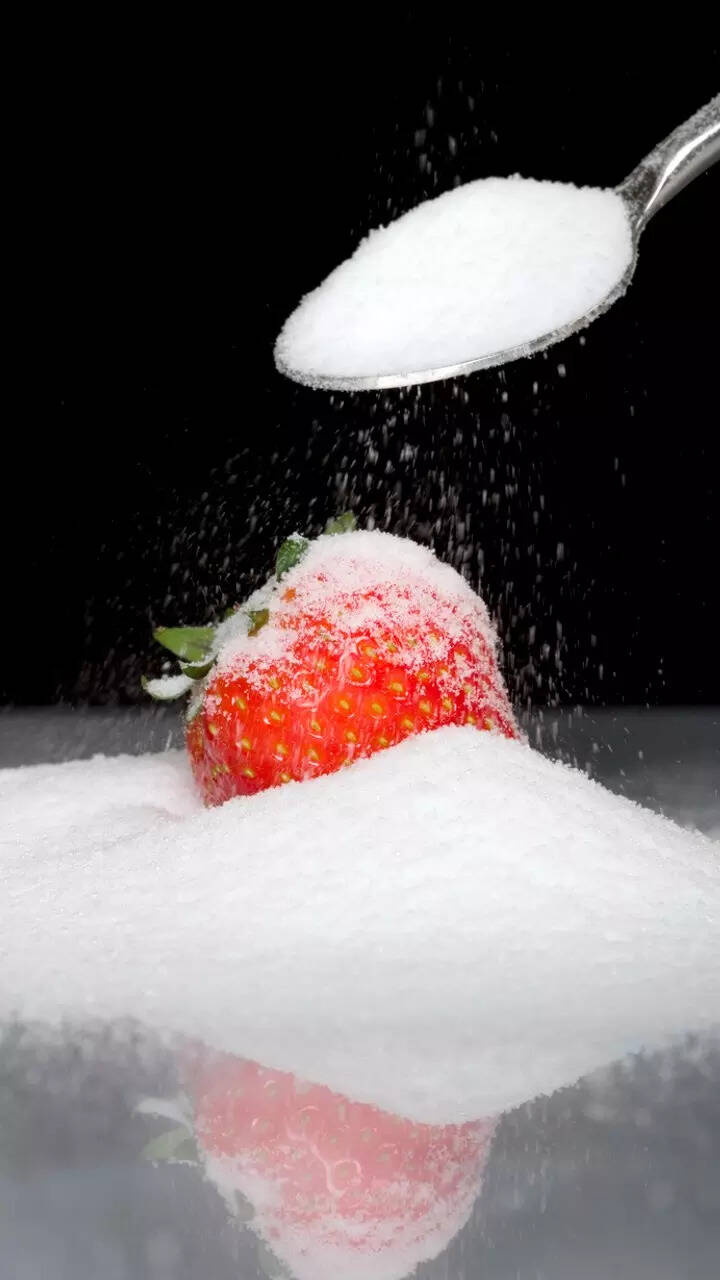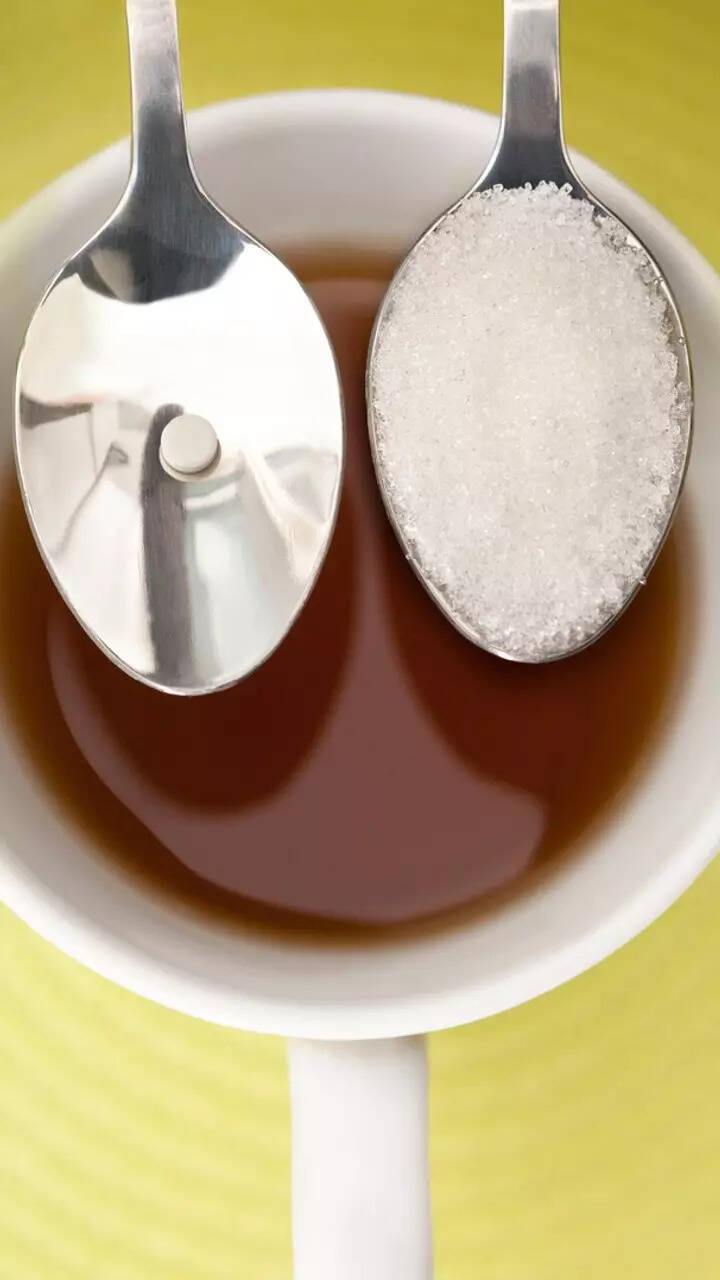Top Searches
- News
- India News
- Artificial sweetener erythritol ups heart attack risk: Study
Artificial sweetener erythritol ups heart attack risk: Study
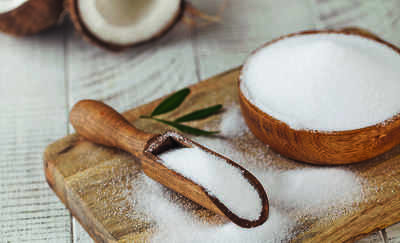
For people suffering from diabetes or obesity, artificial sweeteners have long been an alternative source of sugar that is considered healthier. It helps control blood sugar levels and achieve weight loss, its proponents claim.
However, a new study conducted by the Cleveland Clinic, which has been published in 'Nature Medicine' journal, warns there could be long-term risks from using artificial sweeteners as a substitute to sugar. Erythritol is a popular artificial sweetener that is widely available in India and abroad.
The study claims that long term use of this particular artificial sweetener is associated with an increased risk of heart attack and stroke. It is based on research that involved 4,000 people in the US and Europe, some of whom were already at high risk for cardiovascular diseases.
The Cleveland Clinic researchers also examined the effects of adding erythritol to either whole blood or isolated platelets, which are cell fragments that clump together to stop bleeding and contribute to blood clots. In a press statement it said, results revealed that erythritol made platelets easier to activate and form a clot. "Sweeteners like erythritol, have rapidly increased in popularity in recent years but there needs to be more in-depth research into their long-term effects," said author Stanley Hazen, MD, PhD, chairman for the Department of Cardiovascular & Metabolic Sciences in Lerner Research Institute and co-section head of Preventive Cardiology at Cleveland Clinic.
Erythritol is about 70% as sweet as sugar and is produced through fermenting corn. After ingestion, erythritol is poorly metabolised by the body. Instead, it goes into the bloodstream and leaves the body mainly through urine. The human body creates low amounts of erythritol naturally, so any additional consumption can accumulate, the researchers have pointed out.
The study had several limitations, including that clinical observation studies demonstrate association and not causation, they add. "Our study shows when participants consumed an artificially sweetened beverage with an amount of erythritol in processed foods, markedly elevated levels in the blood are observed for days - levels well above those observed to enhance clotting risks," said Dr Hazen.
Dr Anoop Misra, chairman, Fortis C-Doc said the study shows risk of erythritol on clotting and enhanced cardiac risk. We always advise patients to take a limited amount of artificial sweeteners, and after this study, this advice will be changed to no artificial sweeteners," he said.
Dr Mohit Gupta, professor of cardiology, said studies have shown paradoxical weight gain in those consuming sweeteners and puts them at a risk of developing metabolic syndrome. "The harms are associated with the consistency of use but occasional or modest consumption might also put a person at risk. It is interesting to note that industry driven studies and articles were more likely to show weight reduction as compared to the actual one," he explained.
However, a new study conducted by the Cleveland Clinic, which has been published in 'Nature Medicine' journal, warns there could be long-term risks from using artificial sweeteners as a substitute to sugar. Erythritol is a popular artificial sweetener that is widely available in India and abroad.
The study claims that long term use of this particular artificial sweetener is associated with an increased risk of heart attack and stroke. It is based on research that involved 4,000 people in the US and Europe, some of whom were already at high risk for cardiovascular diseases.
The Cleveland Clinic researchers also examined the effects of adding erythritol to either whole blood or isolated platelets, which are cell fragments that clump together to stop bleeding and contribute to blood clots. In a press statement it said, results revealed that erythritol made platelets easier to activate and form a clot. "Sweeteners like erythritol, have rapidly increased in popularity in recent years but there needs to be more in-depth research into their long-term effects," said author Stanley Hazen, MD, PhD, chairman for the Department of Cardiovascular & Metabolic Sciences in Lerner Research Institute and co-section head of Preventive Cardiology at Cleveland Clinic.
Erythritol is about 70% as sweet as sugar and is produced through fermenting corn. After ingestion, erythritol is poorly metabolised by the body. Instead, it goes into the bloodstream and leaves the body mainly through urine. The human body creates low amounts of erythritol naturally, so any additional consumption can accumulate, the researchers have pointed out.
The study had several limitations, including that clinical observation studies demonstrate association and not causation, they add. "Our study shows when participants consumed an artificially sweetened beverage with an amount of erythritol in processed foods, markedly elevated levels in the blood are observed for days - levels well above those observed to enhance clotting risks," said Dr Hazen.
Dr Anoop Misra, chairman, Fortis C-Doc said the study shows risk of erythritol on clotting and enhanced cardiac risk. We always advise patients to take a limited amount of artificial sweeteners, and after this study, this advice will be changed to no artificial sweeteners," he said.
Dr Mohit Gupta, professor of cardiology, said studies have shown paradoxical weight gain in those consuming sweeteners and puts them at a risk of developing metabolic syndrome. "The harms are associated with the consistency of use but occasional or modest consumption might also put a person at risk. It is interesting to note that industry driven studies and articles were more likely to show weight reduction as compared to the actual one," he explained.
Start a Conversation
FOLLOW US ON SOCIAL MEDIA
FacebookTwitterInstagramKOO APPYOUTUBE


